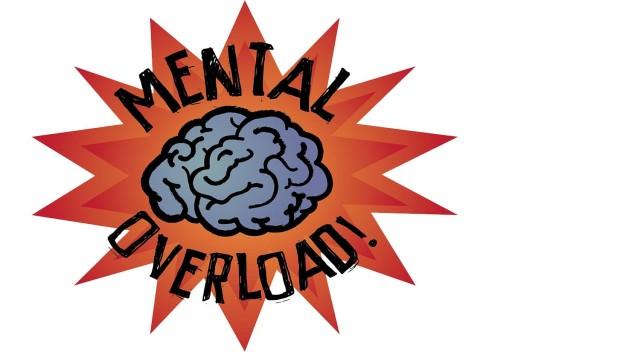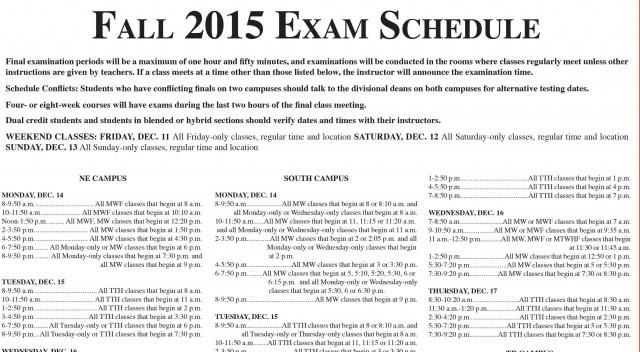By Alex Aviles/ reporter
Emotional intelligence helps people be aware of their own and other people’s emotions to guide their thinking and behavior, a NE business associate professor said Nov. 17.
Executives look for critical thinking skills and written and verbal communication skills but are having some difficulty finding these in recent college graduates, said Randy Saleh during Emotional Intelligence – The Key to Your Career Development and Employability on NE Campus.
“The five components of emotional intelligence in the workplace are self-awareness, self-regulation, motivation, empathy and social skills,” he said, referring to work by psychologist Daniel Goleman.
Optimism, “even in the face of failure,” is an important part of the motivation aspect, Saleh said.
“‘A’ students work for ‘C’ students,” he said.
There has to be a sort of bounce-back component in the workplace even when something goes awry, Saleh said.
Saleh explained the positive outcomes of being proactive versus reactive.
“You may have no control over what life throws at you, but you always have a choice about how you will respond,” he said. “Stimulus, pause, response.”
A way to focus on these skills is to set an ultimate goal on what the outcome needs to be and how a person would handle the situation, then pause before reaction. Those steps will ultimately lend a helping hand in building trust in the workplace, Saleh said.
NE student Taylor Lloyd said the presentation gave valuable information.
“The advice he gave is really easy to apply to our lives as we will be moving on to the workforce after school,” he said. “He really explained how it’s not just about how book-smart you are but really about how you connect with people in interviews and, even after you get the job, how to handle certain situations and how to do damage control on a professional level.”






























